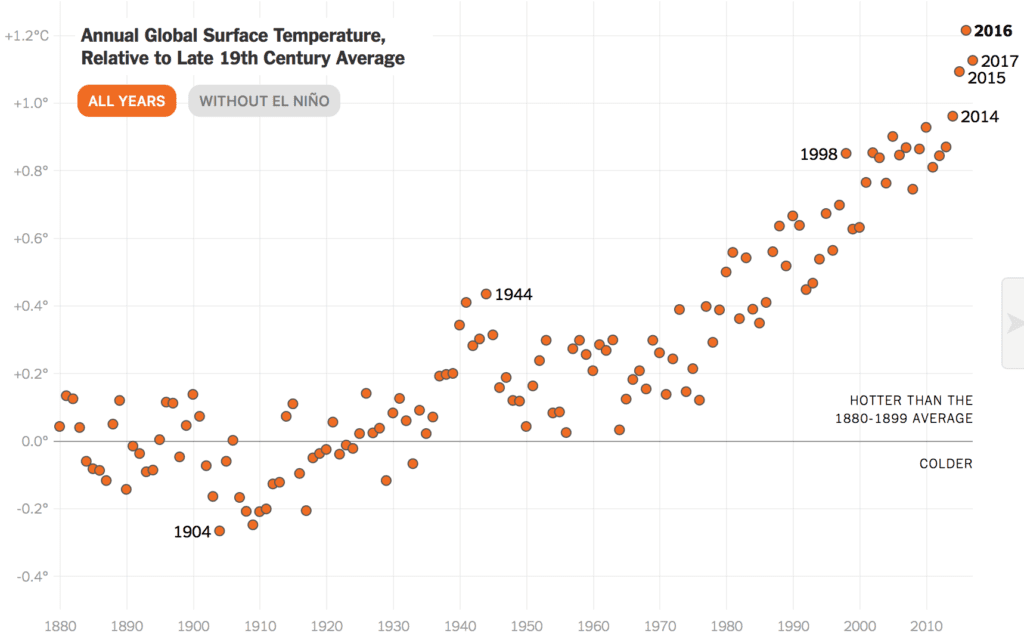
图像特征提取(纹理特征)
图像纹理特征总体简述
A hex sticker wall, created with R
Bill Venables, member of the R Foundation, co-author of the Introduction to R manual, R package developer, and one of the smartest and nicest (a rare combo!) people you will ever meet, received some gifts from the user!2018 conference committee in recognition of his longtime service to the R community. He received a book of reminiscences from those whose lives he has touched, and this blanket:
Scalable multi-node deep learning training using GPUs in the AWS Cloud
A key barrier to the wider adoption of deep neural networks on industrial-size datasets is the time and resources required to train them. AlexNet, which won the 2012 ImageNet Large Scale Visual Recognition Competition (ILSVRC) and kicked off the current boom in deep neural networks, took nearly a week to train across the 1.2-million-image, 1000-category dataset. Developing and optimizing machine learning models is an iterative process. It involves frequently retraining models with new data and optimizing model and training parameters to increase prediction accuracy. While GPU performance has increased significantly since 2012, reducing training times from weeks to hours, Machine Learning (ML) practitioners seek opportunities to further lower model training times. At the same time, to drive higher prediction accuracy, models are getting larger and more complex, thus increasing the demand for compute resources.
Classify your own images using Amazon SageMaker
Image classification and object detection in images are hot topics these days, thanks to a combination of improvements in algorithms, datasets, frameworks, and hardware. These improvements democratized the technology and gave us the ingredients for creating our own solution for image classification.
Where that title came from
I could not think of a good title for this post. My first try was “An institutional model for the persistence of false belief, but I don’t think it’s helpful to describe scientific paradigms as ‘true’ or ‘false.’ Also, boo on cheap laughs at the expense of academia,” and later attempts were even worse. At one point I was using this self-referential piece of crap: “This title of this post is terrible, but at least it’s short.” That’s like Paul Auster on a really really bad day, it’s Raymond Smullyan without the cleverness, it’s just horrible.
Learn to R blog series - Operators and Objects
Now that we have some datatypes, we can start learning what we can do with them.
“The idea of replication is central not just to scientific practice but also to formal statistics . . . Frequentist statistics relies on the reference set of repeated experiments, and Bayesian statistics relies on the prior distribution which represents the population of effects.”
Rolf Zwaan (who we last encountered here in “From zero to Ted talk in 18 simple steps”), Alexander Etz, Richard Lucas, and M. Brent Donnellan wrote an article, “Making replication mainstream,” which begins:
If you have a measure, it will be gamed (politics edition).
They sometimes call it Campbell’s Law:
Basic Statistics in Python: Probability
When studying statistics, you will inevitably have to learn about probability. It is easy lose yourself in the formulas and theory behind probability, but it has essential uses in both working and daily life. We’ve previously discussed some basic concepts in descriptive statistics; now we’ll explore how statistics relates to probability.